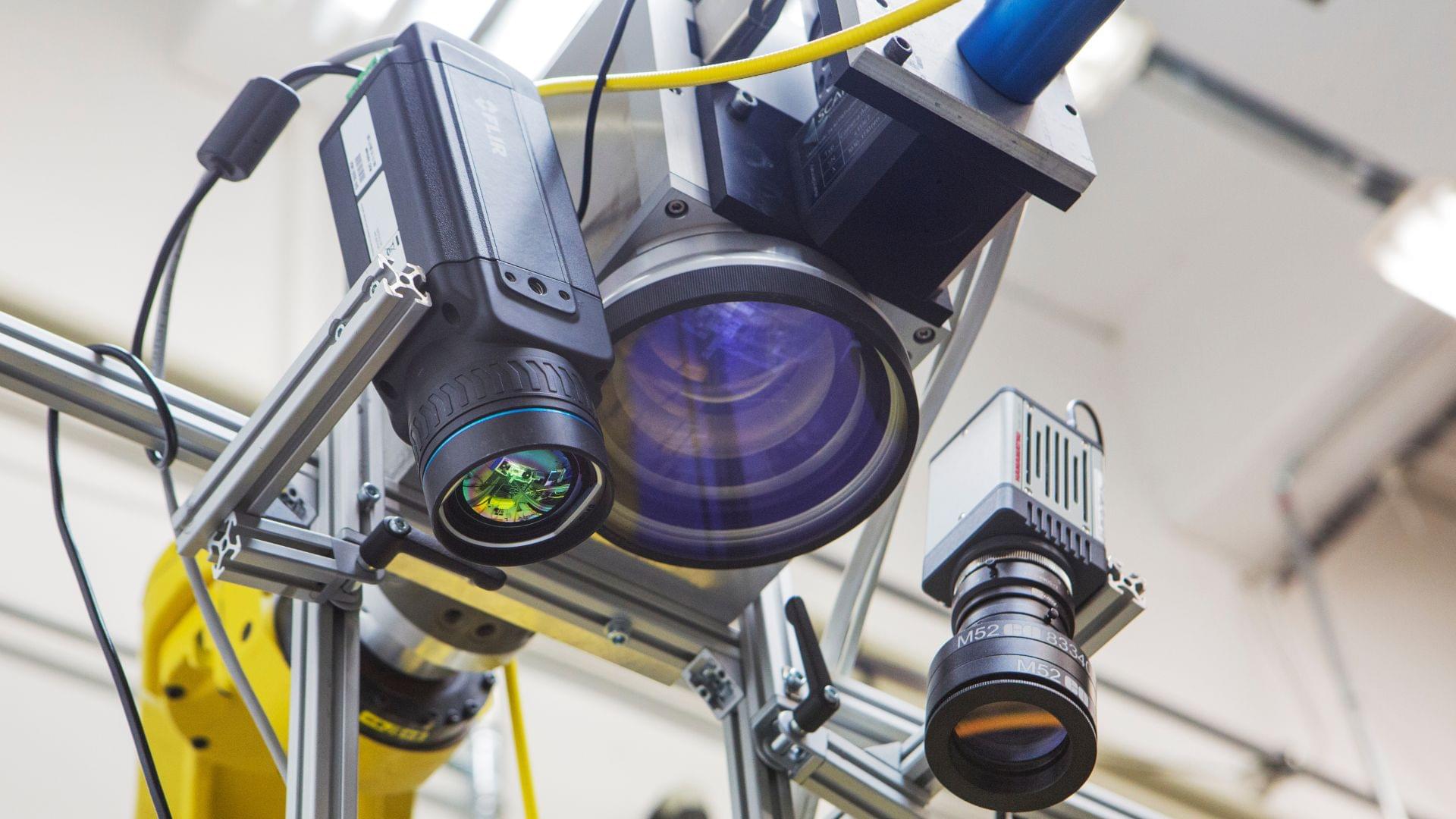One of the latest furors in Scientific Theology, Simulation Metaphysics, and Evolutionary Cybernetics, this new book is a deep philosophical treatise and popularization of Digital Physics as one of the leading contenders for the Quantum Gravity theory, a
Get the latest international news and world events from around the world.


Dietary supplement found effective for skin cancer prevention
The dietary supplement nicotinamide has been recommended by dermatologists for people with a history of skin cancer since 2015, when a clinical study with 386 participants showed that those who took the vitamin B3 derivative developed fewer new occurrences.
However, data to validate those findings in a larger study group has been lacking because nicotinamide can be purchased over the counter without being entered into patients’ medical records. In a new study published Sept. 17 in JAMA Dermatology, researchers found a way to get that data by analyzing records from the Veterans Affairs Corporate Data Warehouse.
Nicotinamide is on the VA’s official formulary, so the researchers checked the outcomes of 33,833 patients for their next skin cancer diagnosis following baseline treatment with 500 milligrams of nicotinamide twice daily for longer than 30 days. They looked for occurrences of basal cell carcinoma and cutaneous squamous cell carcinoma.

AI may help researchers with medical chart review, Stanford Medicine study finds
Stanford Medicine researchers trained a large language model to read medical charts, looking for signs that kids with ADHD received the right follow-up care when using new medications.


Yangwang U9 Xtreme cracks 300 mph to become fastest production car EVER [video]
The BYD Yangwang U9 Xtreme cracked 308 mph at a German test track to become the fastest production car EVER made!

Nearly Half of US Unicorn Founders Were Born Outside the US. Immigrants are crucial for US innovation: our research revealed that 65 countries (apart from the US) have produced at least one founder…
Immigrants are crucial for US innovation: our research revealed that 65 countries (apart from the US) have produced at least one founder of a US unicorn. Here is the list of countries with 10 or more US unicorn founders by continent:
• Europe: The United Kingdom leads with 31 founders, followed by Germany (18), France (17), Russia (14), Ukraine (12), and Ireland (10).
• Asia: India leads with 90 founders, followed by Israel (52), China (27), and Taiwan (12).

